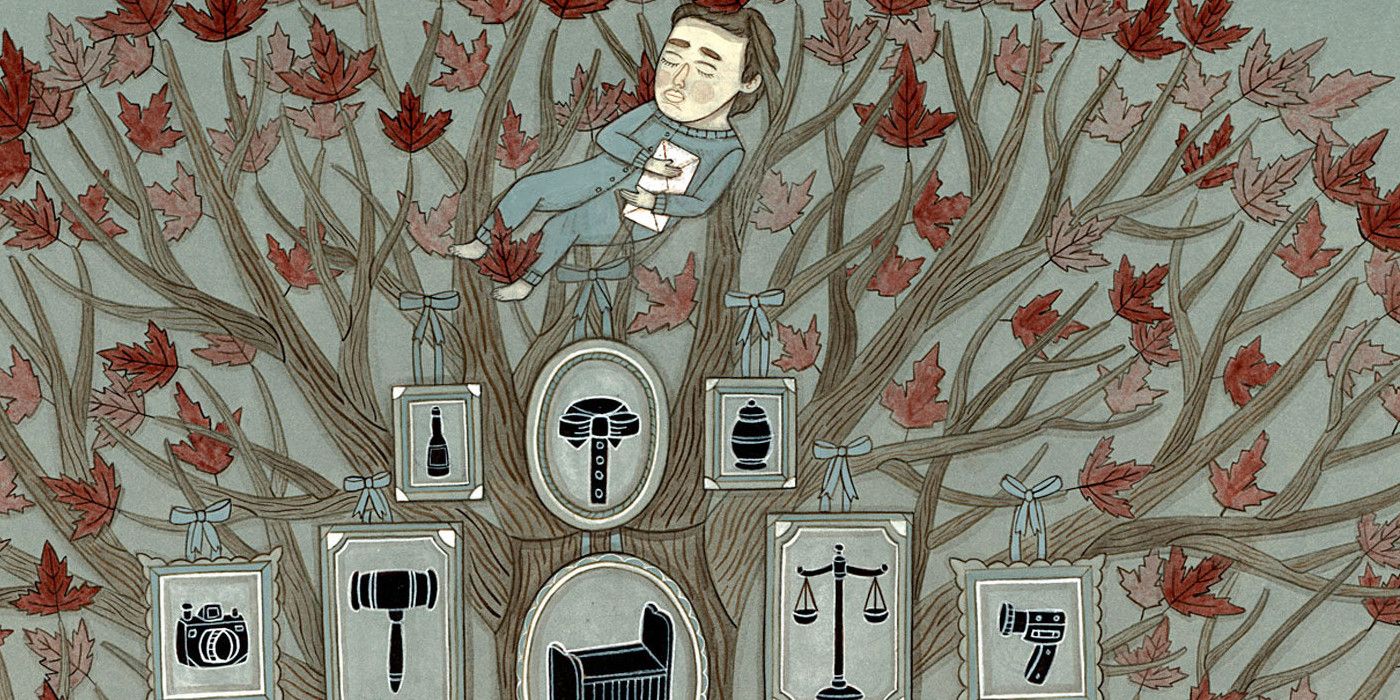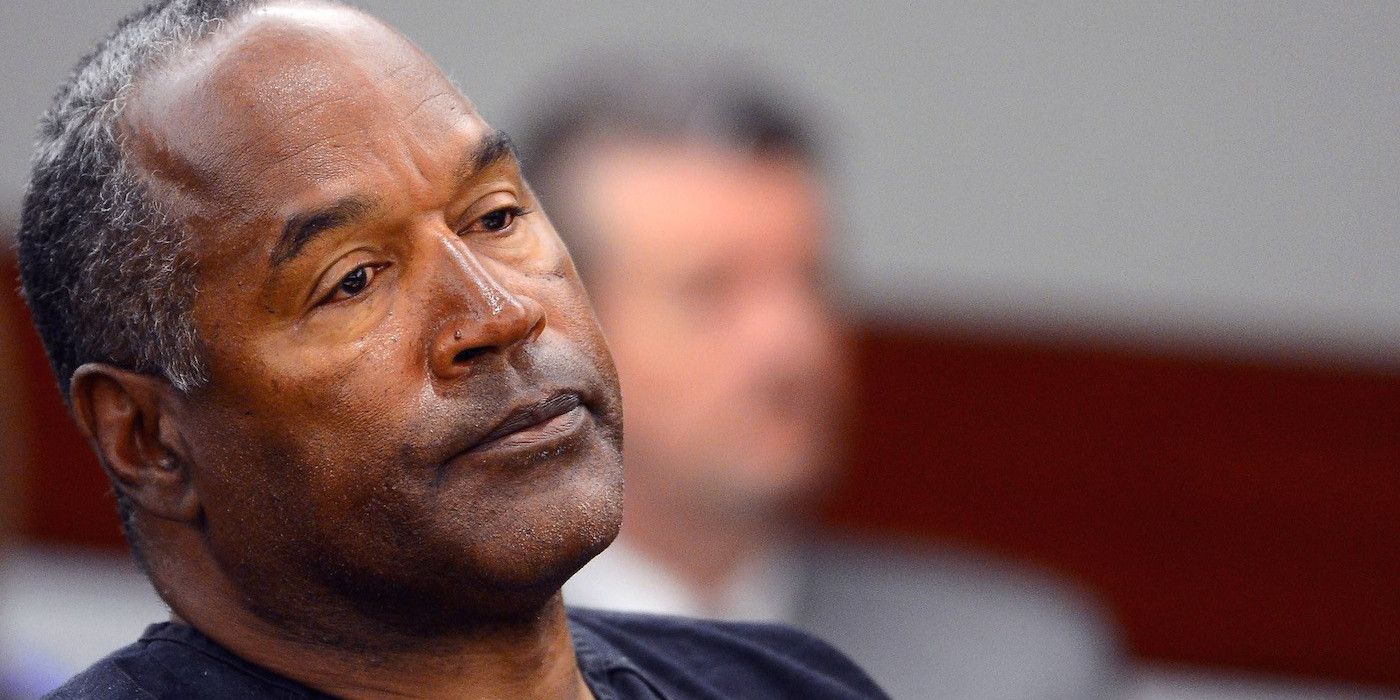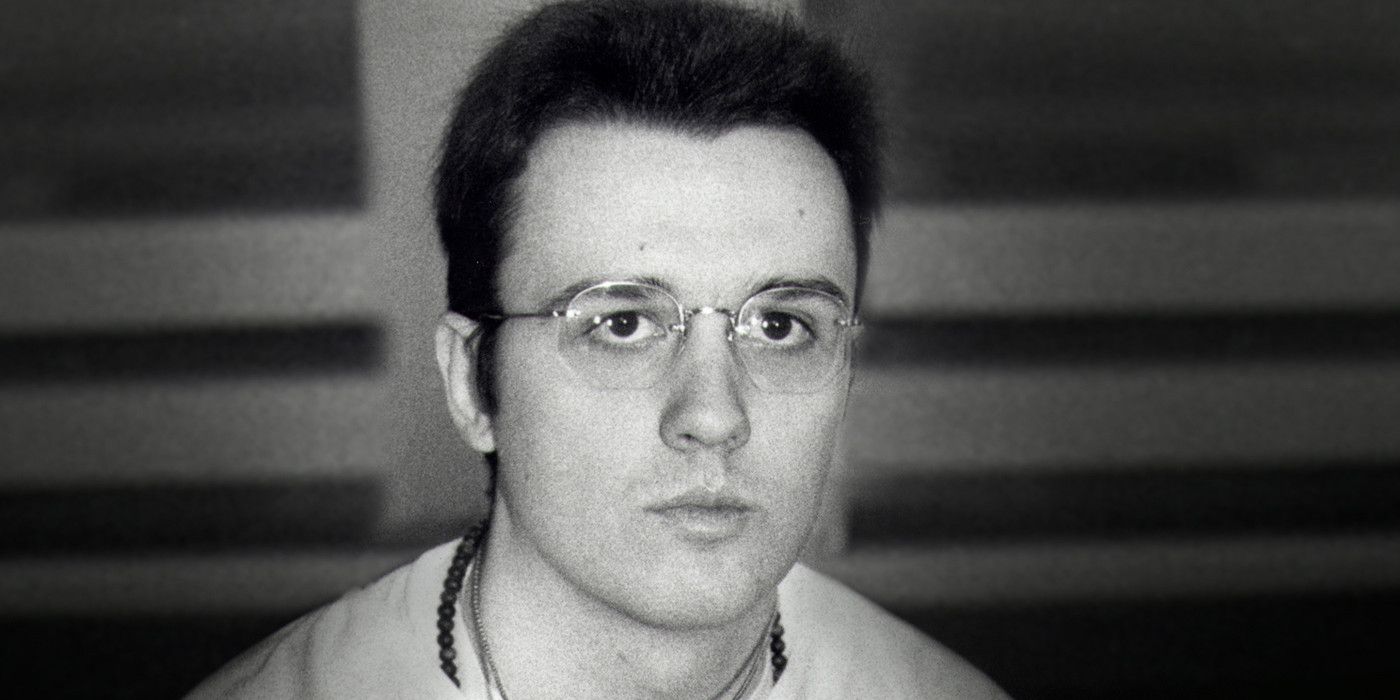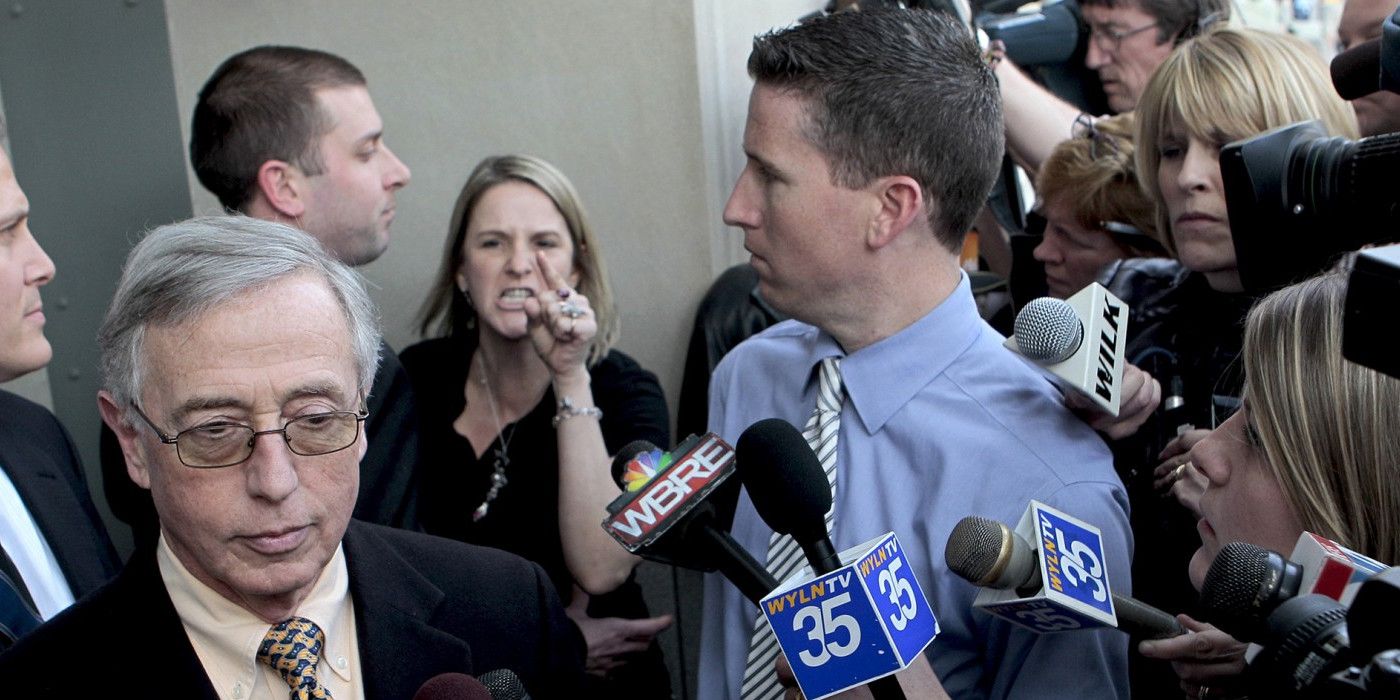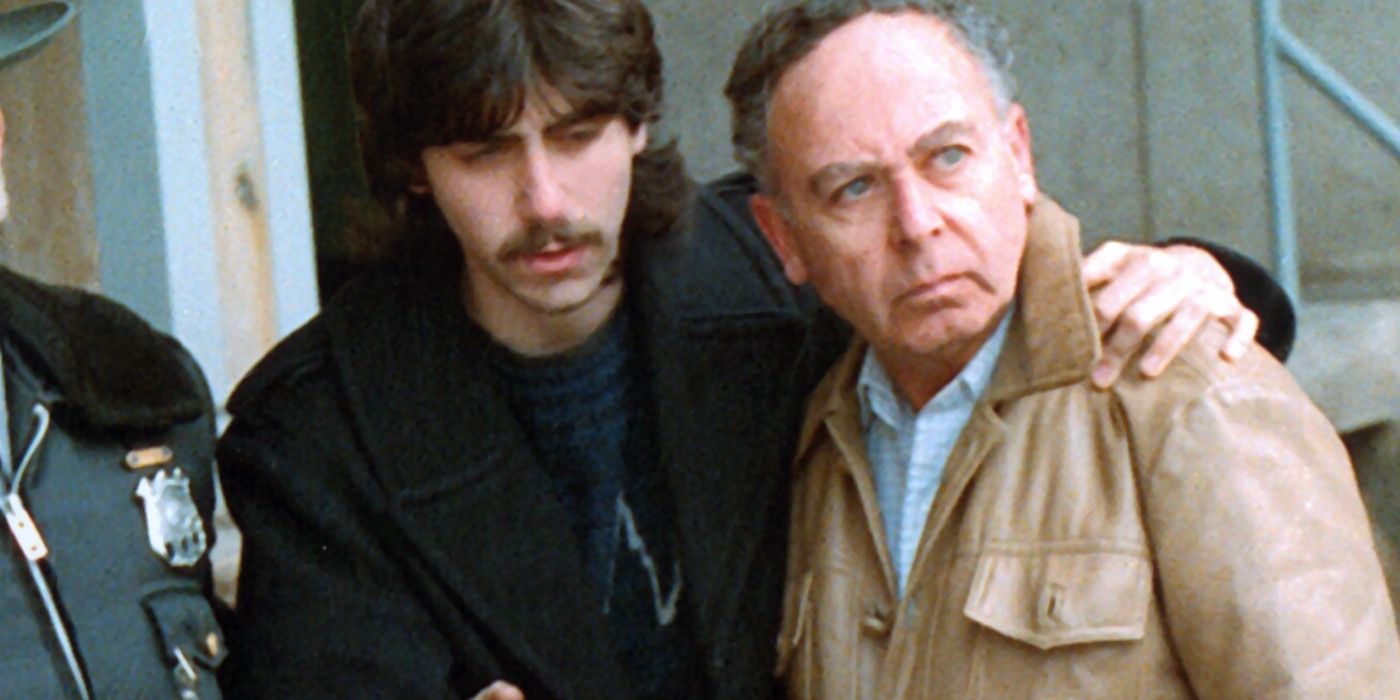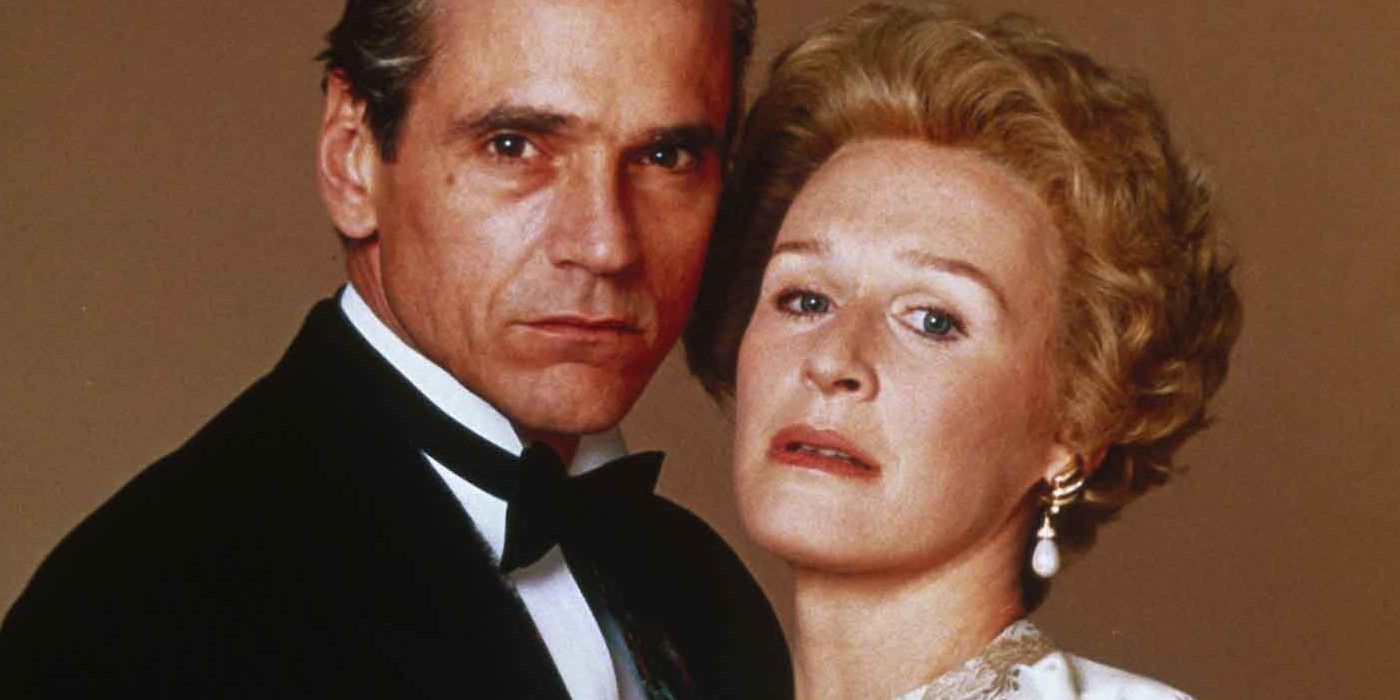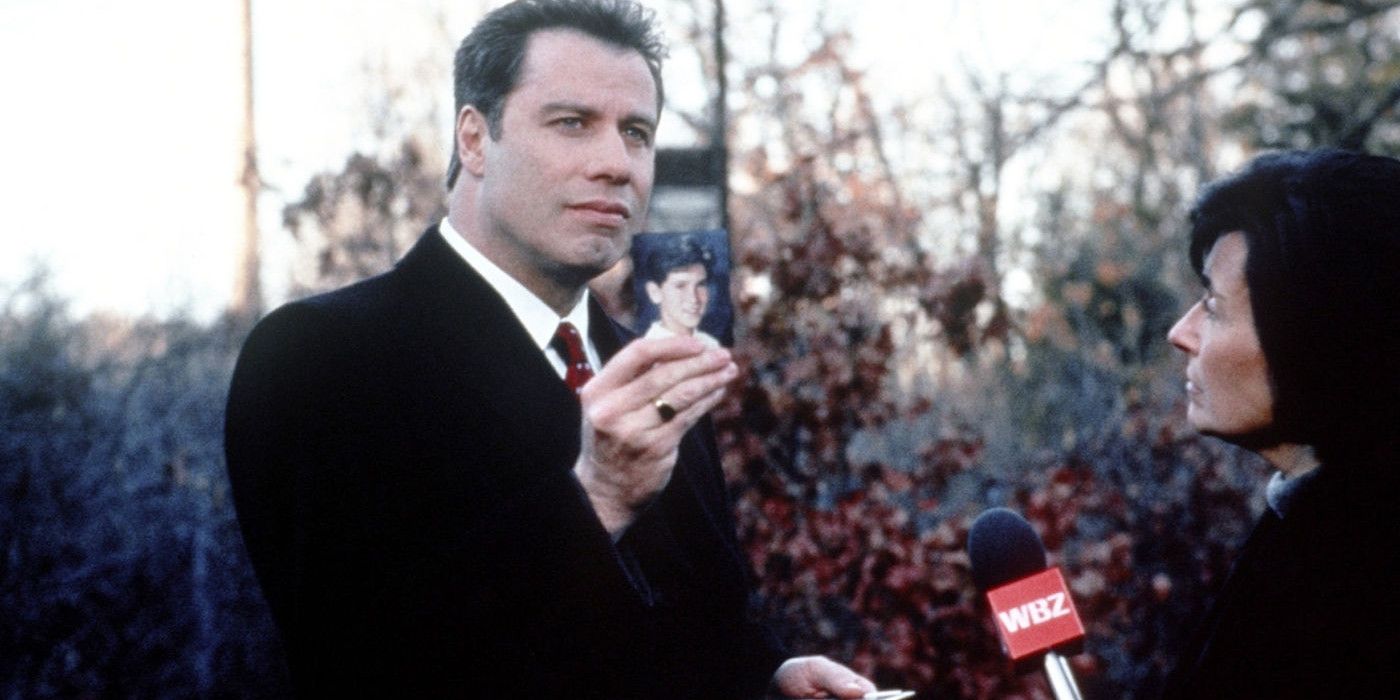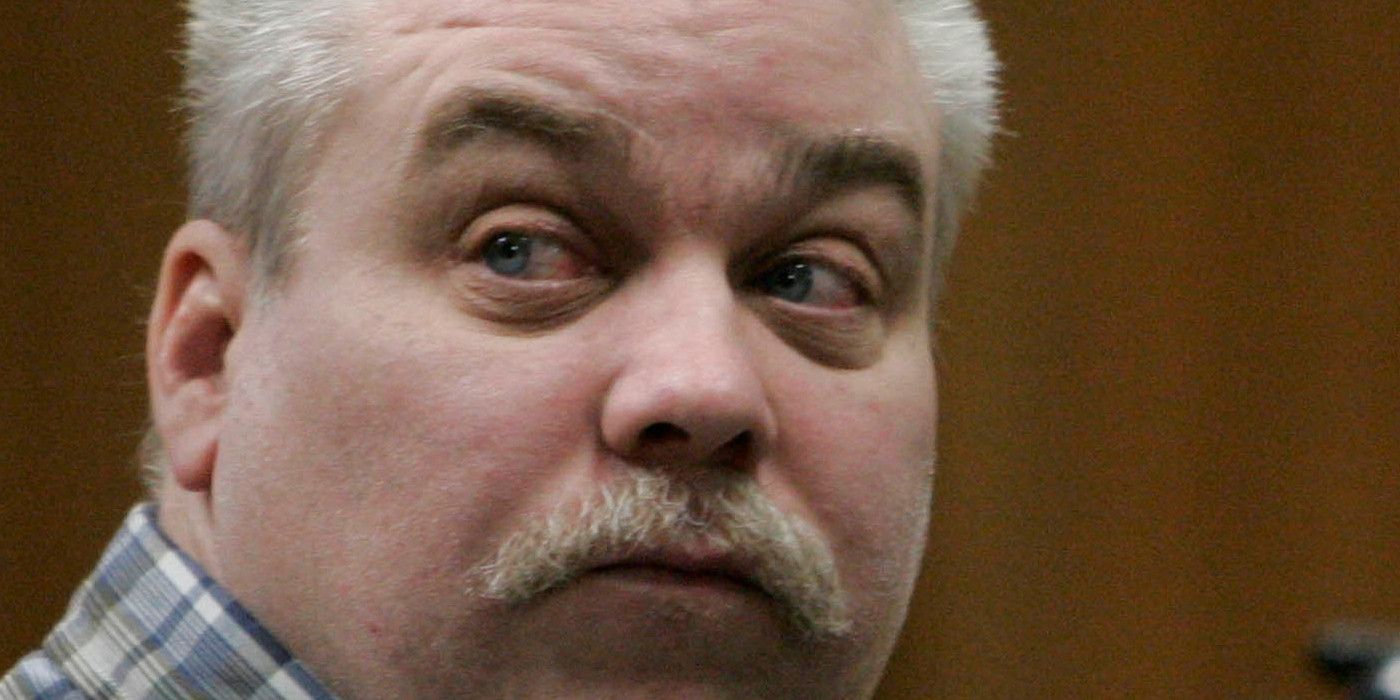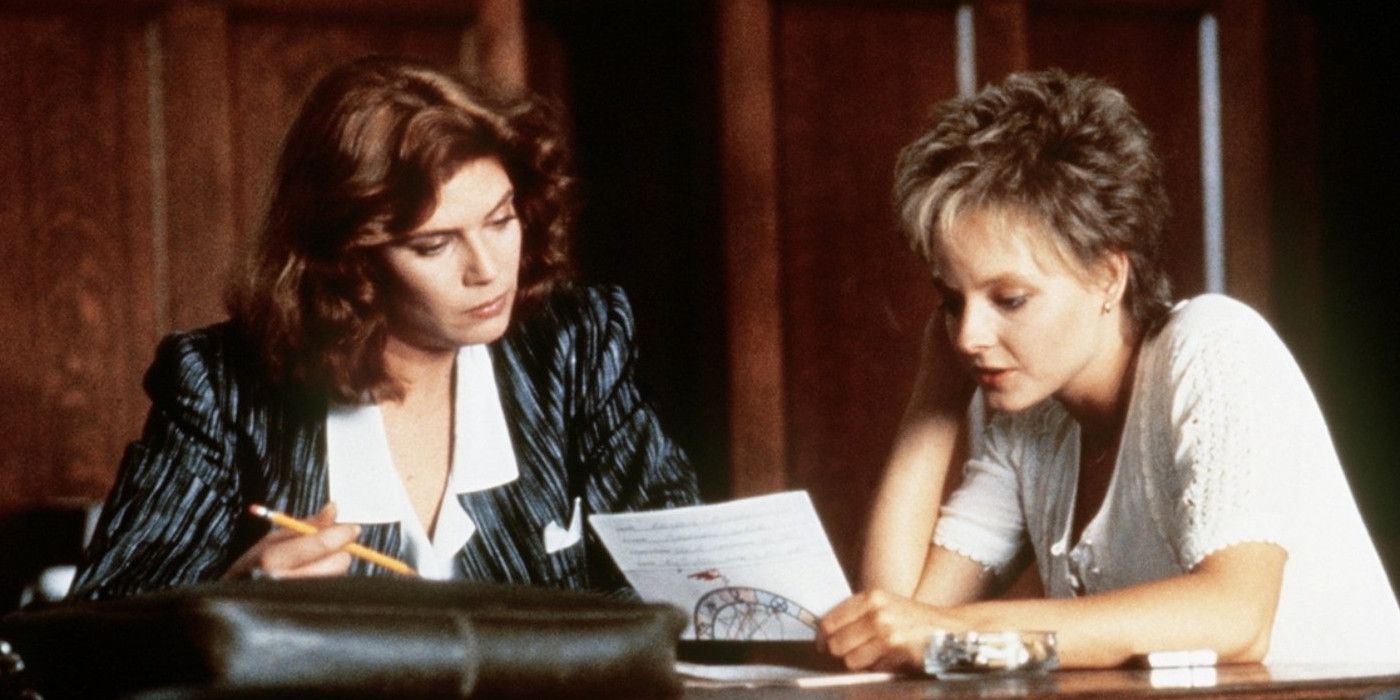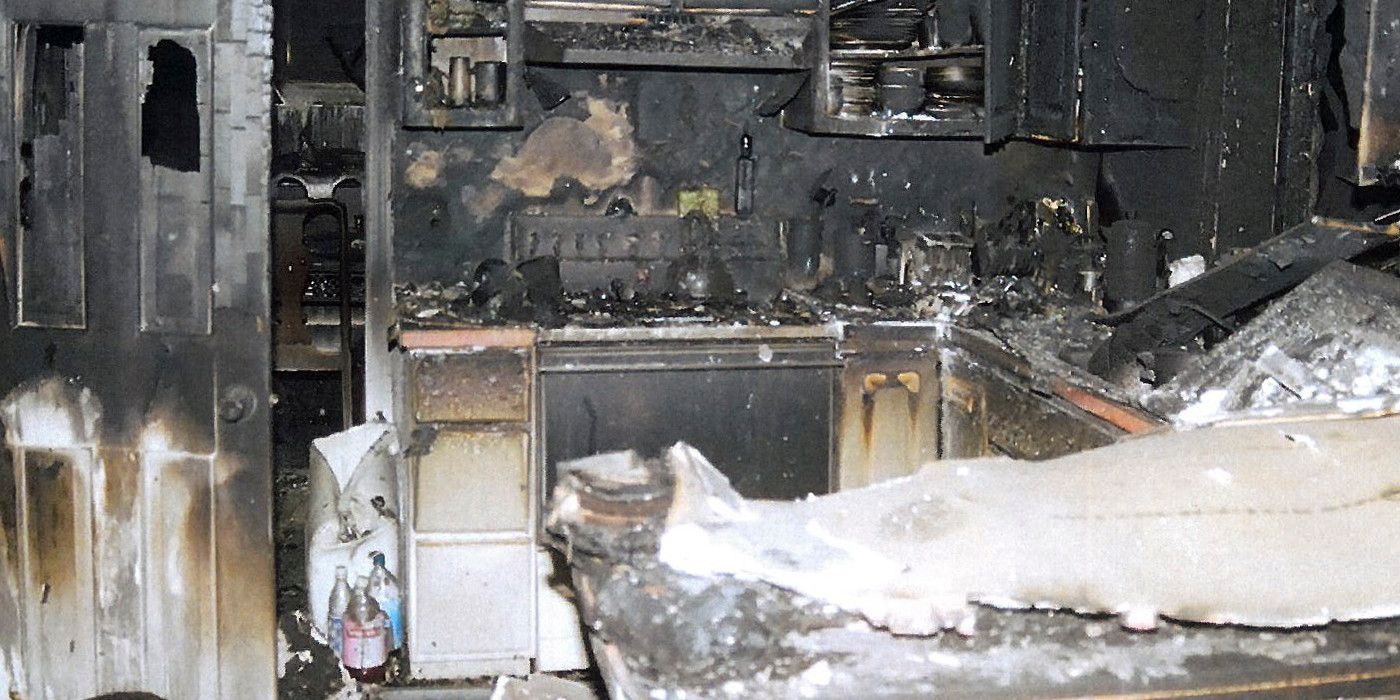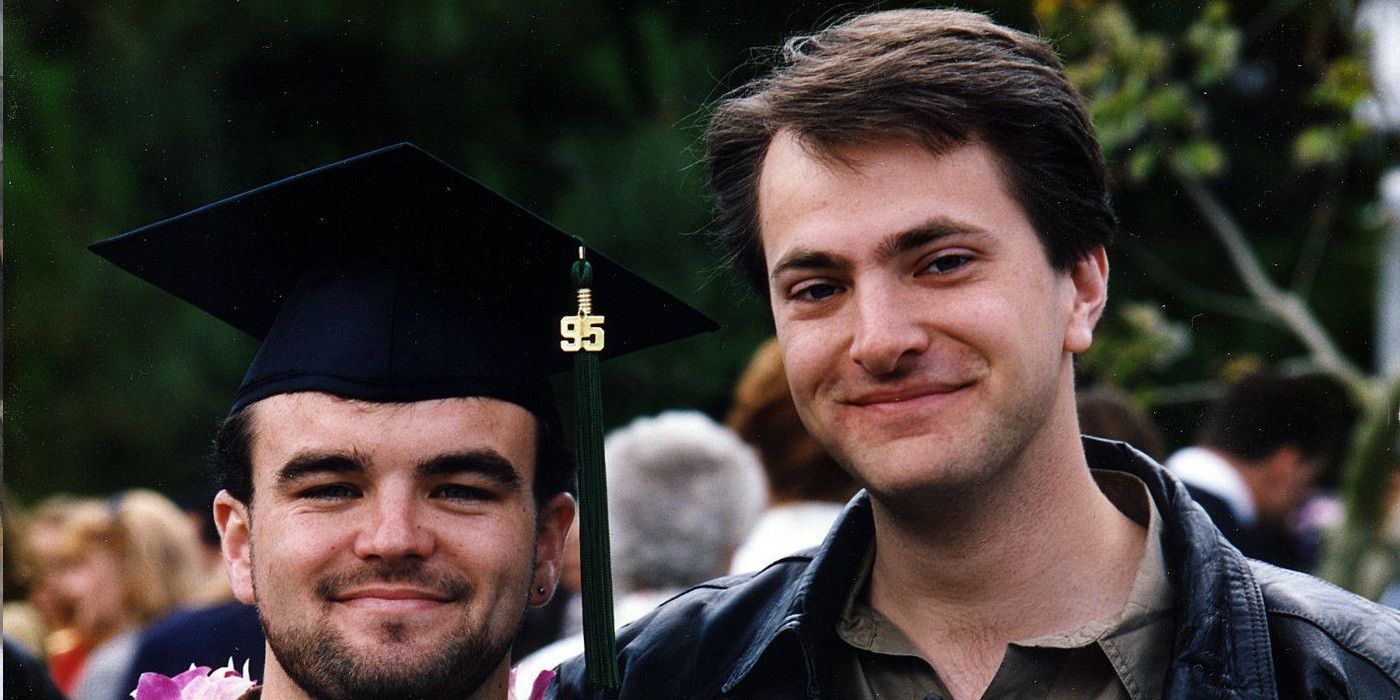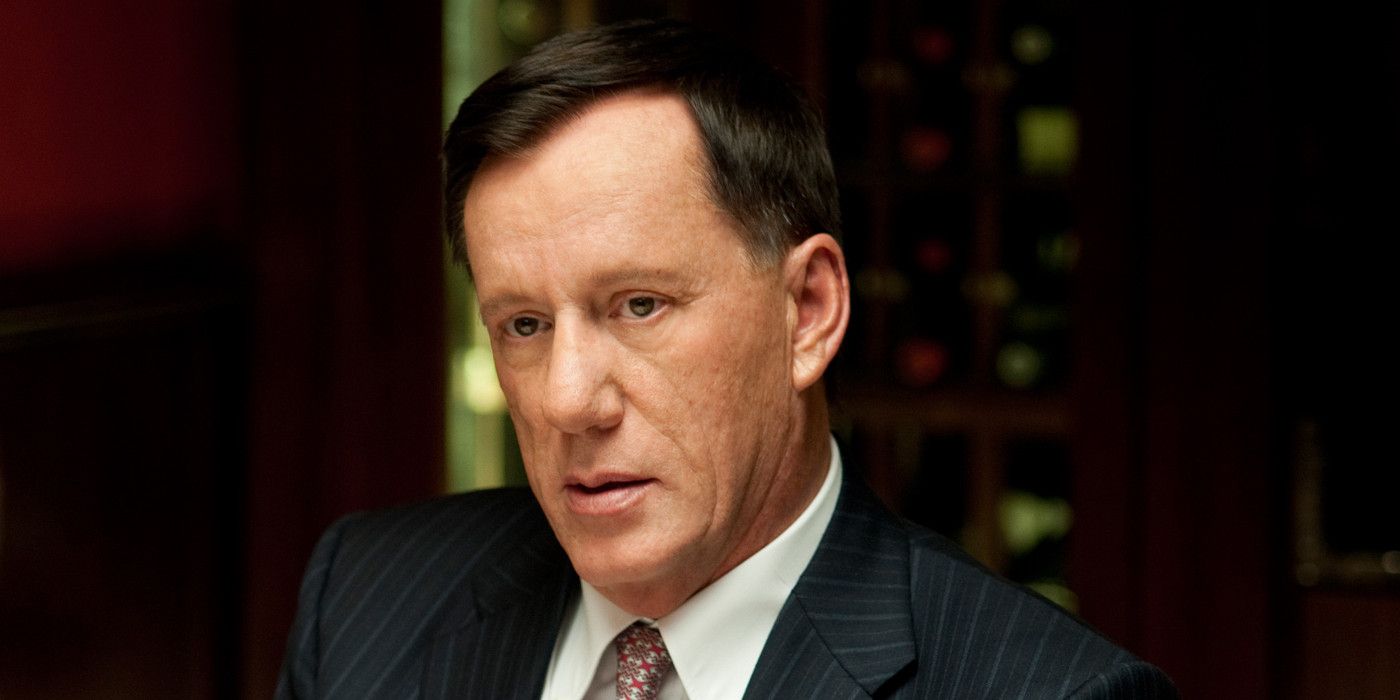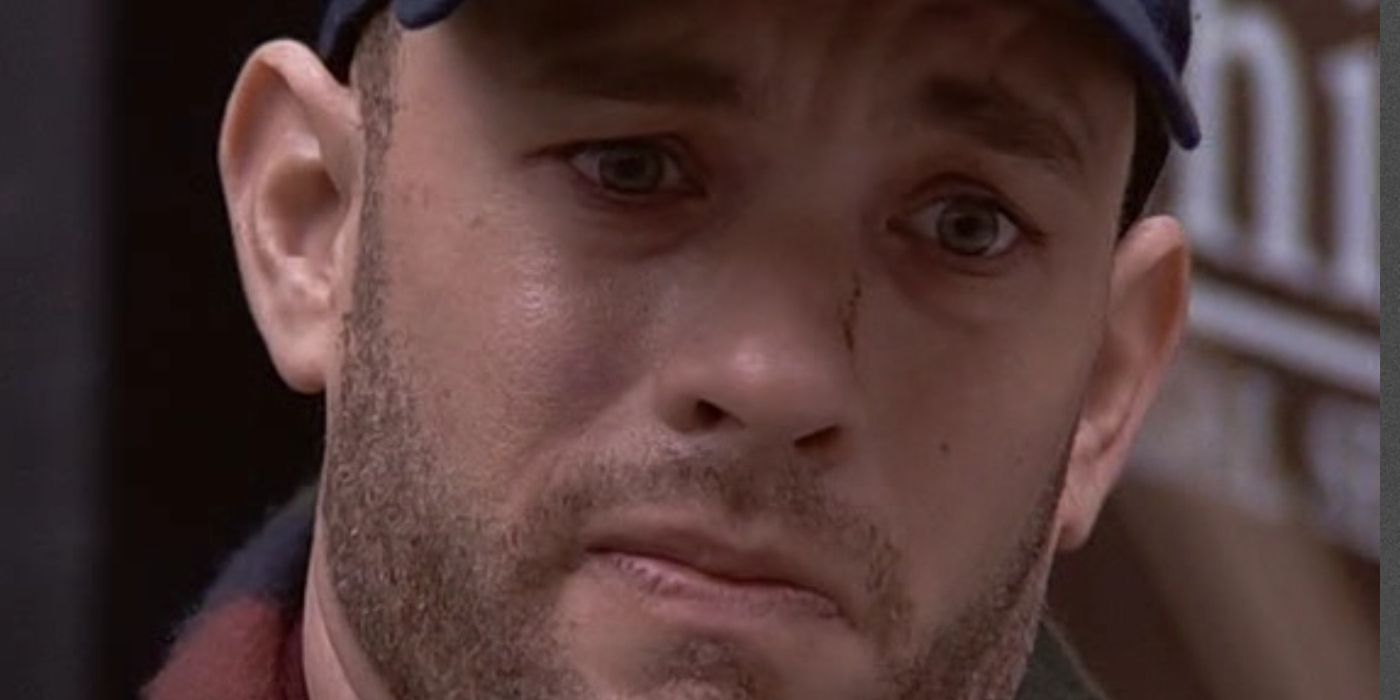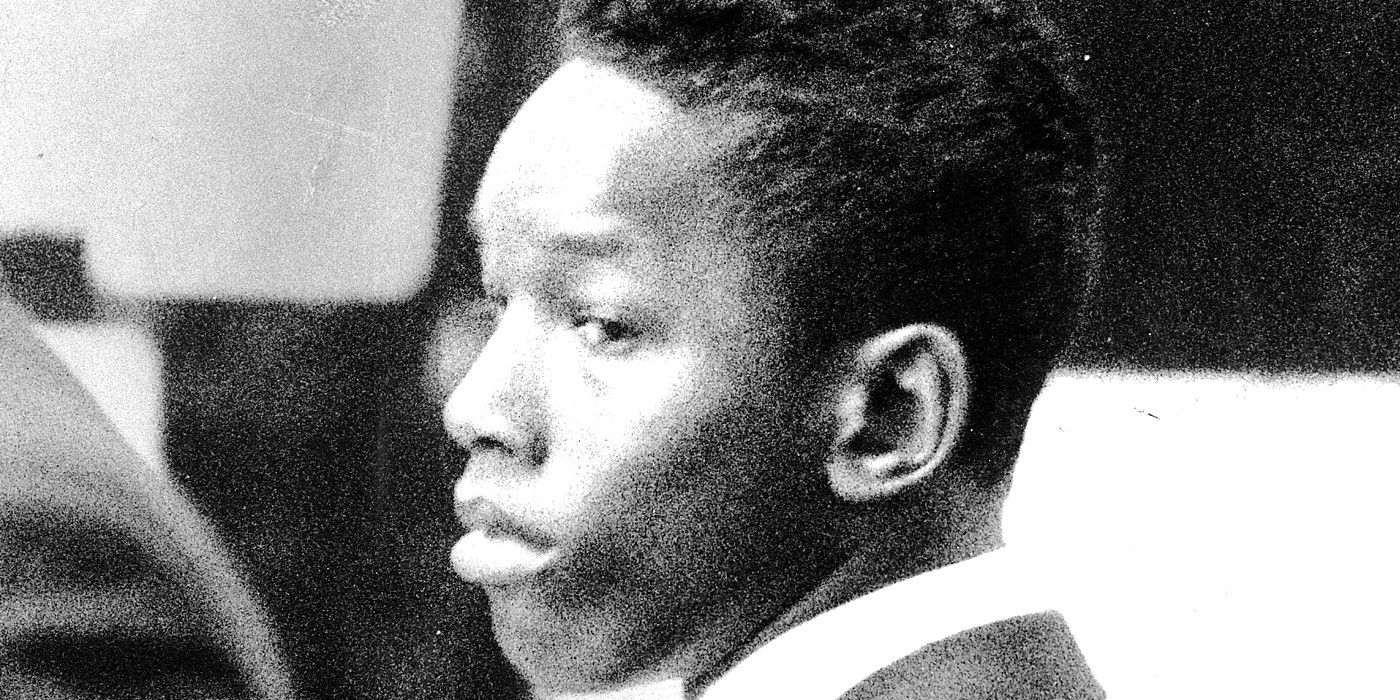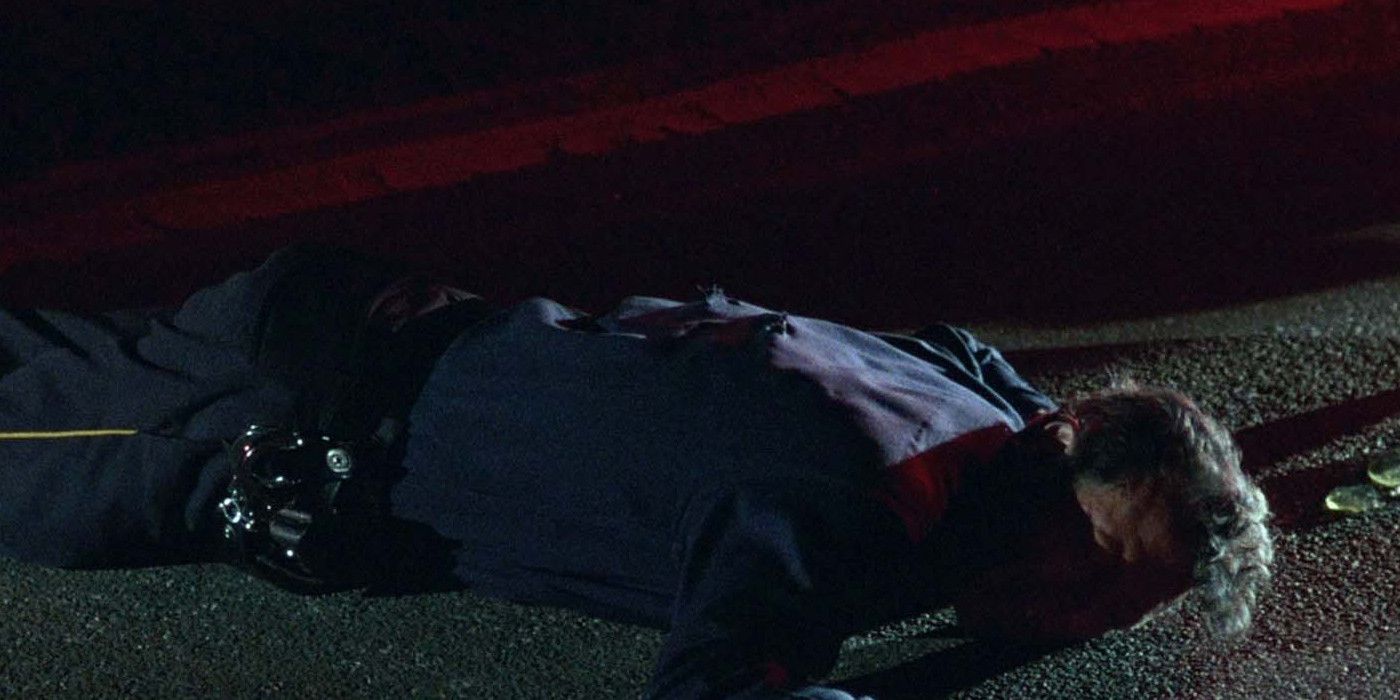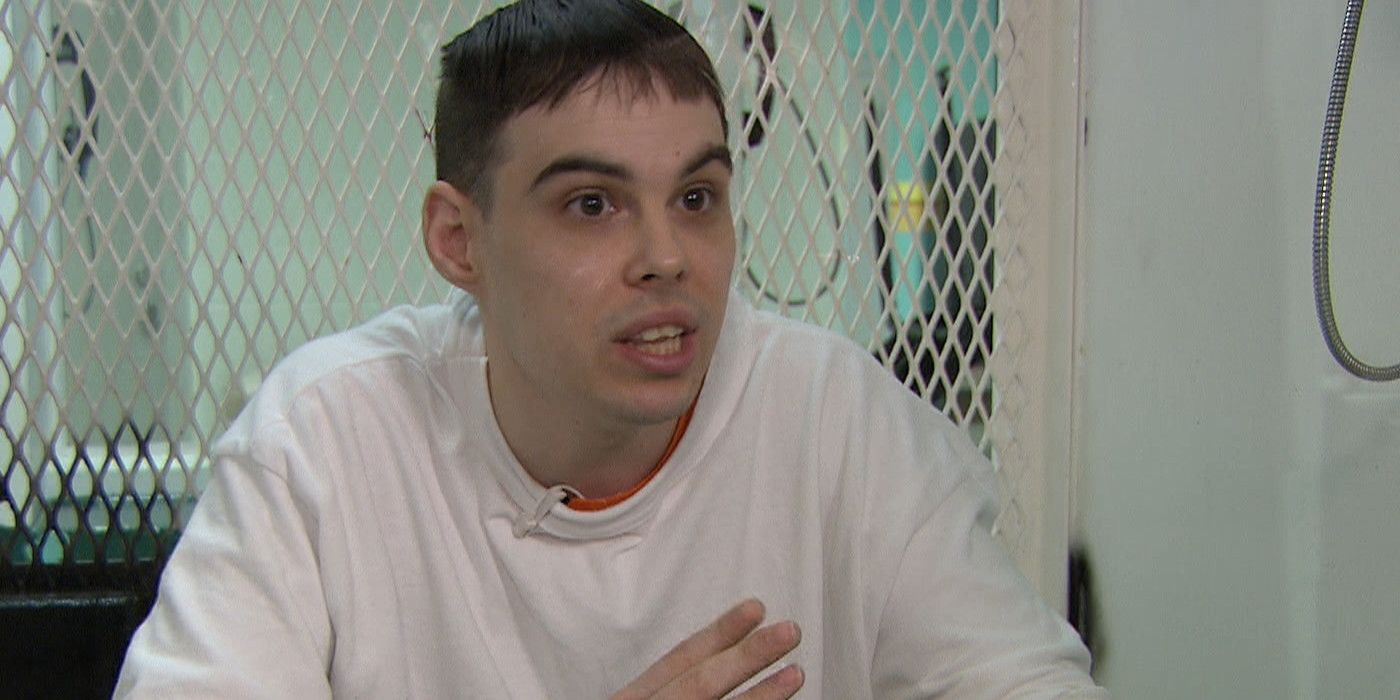The American justice system has become theater to the world. How else to explain the popularity of CourtTV? Criminal justice fuels countless movies and TV series, often fascinating audiences with the behind-the-scenes wheeling and dealing, and the minute technicalities that help drive the system forward. Lucky for all of us, the system does work… except when it doesn’t.
When the system fails one, it fails every other American citizen too, and unfortunately, it happens with chilling regularity. Hollywood often uses criminal cases for entertainment fodder, but on occasion, it can use the power of film to detail the shortcomings of the system, and to illicit positive change. The films on this list do just that. Both great drama and great research, they help raise social consciousness to the frailties of the system, and have helped to incite outrage. In some cases they’ve helped clear innocent men and women of their crimes, while in others, they enlighten and anger the viewer about a justice system abused.
This list, however, is not meant to comment on guilt, innocence or even the accuracy of some of the movies which appear here. Rather, it’s intended as a testament to the power of film to enrich, enlighten and enrage. Here are 15 Movies To Make You Question the Criminal Justice System.
15. OJ: Made in America
in the mid-90s, American justice became a theater of farce, with the convergence of two forces: tabloid celebrity and the endless cable news cycle. When Los Angeles police discovered the murdered bodies of Nicole Brown and Ron Goldman, and evidence pointed to football great and actor OJ Simpson as the perpetrator, the American public got more than it bargained for. From bizarre low-speed car chases, to endless trial coverage of bloody gloves, police improprieties, racial epitaphs and dancing Itos, the Simpson the trial changed—or scarred—pop culture for all time.
Ezra Edleman’s eight hour documentary on Simpson’s life, the murders, the trial and the subsequent ridiculousness that consumed its subject is nothing short of a triumph. Edleman weaves complex themes of race, class and celebrity throughout, and for all the analysis over the years, finally puts the Simpson trial into perspective. What began as a trial of a celebrity became a trial of the Los Angeles police’s racial history, and in a larger sense, an expose of America’s shameful history of racism and classism. Edleman, for the record, more or less determines that Simpson did commit the murders—several jurors interviewed even admit as much, as do most of Simpson’s friends, but defend their not guilty verdicts, fingering the ineptitude of the prosecution, or the racism of the LAPD, as reasons for acquittal.
Edleman also implies that the US criminal justice system could never function with such complicated forces colliding in it, and that Simpson represents everything wonderful about America, a well as everything awful about it too.
14. Paradise Lost Trilogy
The grizzly murder of three adolescent boys caught the attention of documentarians Joe Berlinger and Bruce Sinofsky in 1996, especially after the dubious arrest of three “goth” teenage boys—Damian Echols, Jessie Misskelley, and Jason Baldwin—for committing the crime. The documentary uncovers a wealth of shoddy evidence, police incompetence and lawyer misconduct during the trial, even after the boys receive the death penalty for the crime. Berlinger and Sinofsky imply that the reason for the boys arrest had less to do with any evidence against them, but more a community’s discomfort with their fashion sense and musical taste. The directors continue to follow the case as the boys seek a new trial, and as prison forever shapes their lives.
The Paradise Lost trilogy spans a jaw-dropping 15 years, detailing the lives of the three accused boys in prison, the families of the victims, and the growing outcry against the conviction of the so-called “West Memphis Three.” That the boys finally do again see freedom after DNA evidence comes to light is less a triumph than yet another failure: the Arkansas court system releases them not because they are officially deemed "innocent," but because their lawyers are able to strike a deal. The trilogy makes for an ominous, disturbing reminder that even correct actions by the system can have corrupt antecedents.
13. Kids For Cash
Following the Columbine High School Massacre in 1999, one Pennsylvania county adopted a “zero-tolerance” stance for any juvenile misbehavior. Infractions as small as fighting at school or trespassing could suddenly land kids in juvenile prison for years at a time. The activities of the court, overseen by Judges Michael Conahan and Mark Civarella, attracted criticism from the start, as families of incarcerated kids began to uncover irregularities and deception in the system. In 2008, the Civarella and Conahan became the subject of an investigation by the US Attorney, which revealed the two had both accepted $2.5 million in “finder’s fees…” for lobbying for the construction of a privately owned juvenile detention center. The deluge of new convicts provided by the zero-tolerance police insured the center’s construction. Civarella and Conahan also neglected to report said finder's fee on their taxes.
The documentary Kids for Cash follows the lives of several kids condemned to incarceration following their release along with the trauma they suffered. Several victims of the scandal suffer from PSTD, their educational trajectories have all gone awry, and at least one succumbs to suicide. In a shocking turn, Judges Conahan and Civarella also participate in the film, even as they go on trial for corruption. In one of the film’s sick ironies, Civarella, who by his own admission routinely damned defendants in his court to incarceration without even hearing details of the case, pleads for leniency, claiming he didn’t know the illegality of his actions. As a bawling Civarella details his abusive childhood and worries about his legacy in the eyes of his grandchildren, he professes “I’m not a scumbag!” Funny how many convicted criminals say the same thing...
12. Capturing the Friedmans
The Friedman family was a typical Long Island Jewish family in the 1980s. Father Arnold won awards as a grade school teacher, while mother Elaine looked after their three sons, David, Seth and Jesse. David loved photography, and took photos and video of almost every family happening… even after police arrested Arnold for possession of child pornography. Several weeks after, police arrested Arnold again, along with his son Jesse, for molesting dozens of young boys in Arnold’s computer classes. Jesse and Arnold both landed in prison, even after allegations of police misconduct and witnesses recanted their testimony.
And here’s the part that makes Andrew Jarecki’s documentary Capturing the Friedmans absolutely spellbinding: David Friedman videotaped every family meeting, every fight, every development of the case, and yet the video footage only complicates the question of what really happened! After pleading guilty, Jesse Friedman claimed he did so only to avoid life in prison. Police tell wild stories contradicted by their own evidence. Several accused victims recant their allegations, claiming to have been pressured by detectives. So then what happened?! Capturing the Friedmans can’t answer that question, but it does offer peculiar insight into a family torn apart, and into a justice system that can operate more on fanaticism than facts.
11. Reversal of Fortune
Jeremy Irons won an Oscar for this creepy biopic about Claus von Bulow, a wealthy man whose wife ended up in a mysterious coma. To this day, debate rages as to whether or not von Bulow tried to kill his wife, Sunny, and failed, or if an accidental drug overdose triggered the coma which would last for almost 30 years.
Sunny von Bulow had inherited a reported $100 million at age four from her dead father. After one failed marriage, she wed Claus, and the two had one daughter together. After ten years of marriage, the von Bulow’s spoke openly of divorce, and Claus began an affair. Around the same time, Sunny began having acute hypoglycemic attacks and slipping into comas. Just prior to Christmas 1980, she slipped into a coma again, suffering brain damage.
Sunny’s two children from her previous marriage accused Claus of trying to kill their mother by injecting her with insulin. A jury later found Claus guilty of attempted murder, and von Bulow hired celebrity lawyer Alan Dershowitz to represent him on appeal. Dershowitz carried von Bulow’s case all the way to the supreme court, which overturned his conviction, despite the police collecting evidence which included bottles of insulin and a used hypodermic.
The unnerving part of it all? Dershowitz managed to create reasonable doubt by attacking Sunny von Bulow as addicted to drugs, sugar and alcohol. Both Dershowitz and his aide, Jim Cramer (yes, the crazy TV investing guru) have said they knew Claus was guilty from the outset. Their admission serves as an eerie reminder that a trial isn’t about finding the truth; it’s about whom makes the better arguments.
10. A Civil Action
A Civil Action centers on the town of Woburn, MA, and the strange outbreak of leukemia that plagued its residents in the 1980s. Flamboyant lawyer Jan Schlichtmann (John Travolta) decides to investigate, and uncovers evidence of chemical dumping by two megalith corporations, Beatrice Foods and W.R. Grace. When Schlichtmann tries to bring a lawsuit against the two giants, he encounters nothing but trouble: the trials stretch on for years at great cost, and Schlichtmann finds the corporate lawyers (led by Robert Duvall in an Oscar-nominated performance) less than cooperative. As the case drags on, Schlichtmann’s life plunges into chaos, as he devotes most of his personal finances to funding the case, and his personal life begins to crumble.
A Civil Action is not the feel-good, little guy takes on the business giant, type of film like crowd pleasers like Erin Brockovich or The Insider. Instead, it offers a stark look at the difficulties in suing a major corporation, and the effects a long-running case can have on the lawyers involved. Even though Schlichtmann’s actions brought enough attention to Woburn that the Environmental Protection Agency would eventually bring charges of their own against W.R. Grace and Beatrice Foods, it did nothing to ease the devastation Schlichtmann’s case brought to his life. That the film ends with its hero bankrupt and alone sends a powerful message about the chances a lawyer must take, and raises frightening questions about whom the criminal justice system actually serves.
9. Making a Murderer
This list would be remiss not to mention one of the best crime documentaries in recent memory, the Netflix drama Making a Murderer. While not a film per se, it is a miniseries told in chronology which makes it both cinematic and utterly captivating.
Steven Avery served 18 years in prison for sexual assault and attempted murder before DNA evidence exonerated him. Avery spent only two years a free man. In 2005, police arrested him in connection with the disappearance of photographer Theresa Halbach. Police later discovered Halbach’s vehicle hidden on Avery’s property, along with blood that matched both Halbach and Avery himself. Police arrested Avery again for murder, and later, his nephew Brenden Dassey.
Examination of evidence led to some provocative questions. Dassey confessed to the murder only to recant, claiming police had pressured him. Moreover, his details of the crime did not match evidence at the crime scene. Avery always maintained his innocence, and investigators discovered that a vial of Avery’s blood in police storage had been tampered with. Jurors in Avery’s trial were close relatives of some of the officers involved in the case, and at least one juror suggested that the jury had been pressured into a guilty verdict.
Making a Murderer has since come under fire for allegedly omitting key details of the crime, but that hasn’t stopped the documentary from starting a nationwide call to reexamine the case. Regardless, the miniseries makes for riveting viewing, and raises issues about police corruption and conspiracy.
8. The Accused
Jodie Foster snagged her first Academy Award for her performance in The Accused, playing the victim of a rape. What could easily have devolved into a Lifetime Movie of the Week becomes a complex and intriguing look at the legal and social minutiae that go into prosecuting a case. Did the woman “ask for it” by wearing provocative clothing and flirting with drunken men? Did the men just misinterpret her signals? If she was drinking, how are her allegations reliable?
Foster gives a fine performance as the victim, though the real anchor of the film is Kelly McGillis, who delivers a sensational work as Foster’s lawyer. The two women have nothing in common, though develop a friendship of sorts as McGillis tries to build a case. The movie delves into the difficulties in eliciting eyewitness testimony, and the way that even raising allegations of such a crime can harm a victim, as well as the legal minutiae involved in deciding which charges to press. The Accused is strong medicine, and has some disturbing scenes of sexual violence. Still, the film does an excellent job of explaining how, when it comes to court, rape is seldom an open-and-shut case. It also features two megawatt star performances from one of the best actresses of her generation (Foster), and one of the most underrated (McGillis).
7. The Cheshire Murders
A horrific triple-murder rocked the picturesque town of Cheshire, Connecticut in 2007. Awful as the crime is, the details of the people involved, as well as the questionable actions of law enforcement, are even more disturbing. Attackers Steven Hayes and Joshua Komisarjevsky broke into the home of Dr. William Petit in the early morning hours with the intent of burglarizing his home. When they found him unexpectedly asleep on his porch, they decided to murder him instead. Bound and beaten with a baseball bat, Petit would become the only member of his family to survive. The two intruders bound his wife and two young daughters, raped them, then forced Petit’s wife Jennifer to withdraw $15,000 from a nearby bank. With their money in tow, the two rapists then set the house on fire. Dr. Petit managed to escape and get help from a neighbor, though the rest of his family died in the fire.
The Cheshire Murders details the case at length, examining the lives of the Petit family, as well as that of their attackers. The brothers of Hayes campaign for his execution, offering to “throw the switch” themselves. Komisarjevsky’s ex-girlfriend calls him a “soulmate,” then calls him a pedophile and a rapist. His attorney calls him a genius, doomed to psychosis by child abuse and a religious upbringing. The tragedies all around make The Cheshire Murders a compelling watch, though the most disturbing and tragic question overshadows everything else: Jennifer Petit notified police of the attack while withdrawing money at the bank. The police then arrived at the Petit home and did nothing… while the women were raped, murdered and the house set afire. Why didn’t law enforcement intervene?
6. Dear Zachary
Director Kurt Kuenne began Dear Zachary as an intense, personal endeavor. When his lifelong friend, Dr. Andrew Bagby, was found murdered in a city park, Kuenne set out to interview everyone—friends, family, and coworkers alike—to compile as much information about Andrew as he could. Along the way, the murder investigation led to one suspect: Bagby’s ex-girlfriend Dr. Shirley Turner, who fled to Canada to avoid murder charges. Then she dropped a bomb: she was four months pregnant with Bagby’s child. Kuenne’s project then became even more important: his documentary would be the only way Bagby’s son could ever know his father.
Dear Zachary evolves beyond a simple memorial documentary into a riveting crime thriller. As Kuenne assembles the stories of Bagby’s life, the birth of his son, Zachary, and the subsequent murder investigation begin to overshadow the proceedings. Bagby’s family and US authorities spend more than a year trying to get Canadian law enforcement to arrest and extradite Shirley Turner, even after she gives birth to her alleged victim’s son. What begins as a warm testament to a friend becomes a riveting, suspenseful crime documentary with explosive and horrific twists. Viewers will no doubt shed tears at the tragedy of it all…almost as many as Bagby’s family shed in the film.
5. Indictment: The McMartin Trial
In the 1980s, a bizarre panic involving Satanism and child molestation at child day care centers and preschools gripped the nation, and left a good deal of lives in ruin. It all started in Los Angeles, with the McMartin Preschool. A parent of a toddler there accused a staff member of raping her son. Police interviewed the child, who first denied the allegations, then claimed he was raped, that preschool workers could fly, and that they practiced ritualistic animal sacrifice. Police decided not to prosecute due to lack of evidence. Instead, they sent out letters to parents, which caused a mass panic. In the midst of it all, the original accuser was diagnosed as schizophrenic, and died from alcoholism. Scores of allegations followed, along with a court case that dragged on more than six years.
Indictment: The McMartin Trial dramatizes the events leading up to and during the McMartin trial, and features a stellar cast lead by James Woods and Oscar winner Mercedes Ruehl. The film goes beyond simple courtroom drama, examining the lives of the accused and the investigative process. It also uncovers the psychology of hysteria, and one allegation can rage way out of control.
4. Philadelphia
Tom Hanks caused a stir when he stepped into one of his first starring roles with Philadelphia. Prior to that film, Hanks had found success only in comedies like Joe vs. The Volcano and Big. In Philadelphia, Hanks took the part of Andy Beckett, a gay lawyer fired from his law firm after contracting AIDS. Hanks would win an Oscar for the part, and critics hailed the film as a watershed moment for the actor, as well as a key moment when Hollywood began making high-profile films about LGBT rights and the AIDS epidemic.
The movie also provides a look at the inner workings of the legal system, and how lawyers must sometimes confront cases that make them uncomfortable. The cast also features outstanding turns by Denzel Washington as Andy’s homophobic, ambulance-chasing lawyer, and Mary Steenburgen as the defense attorney for Andy’s former law firm. Steenburgen in particular stands out: it’s obvious her character knows that Andy was wrongfully terminated, and her efforts to discredit and humiliate him on the stand make her disgusted with herself. Washington’s character predictably grows to befriend Andy, and in his transformation, becomes aware of the importance of lawyers to stand up for society's outcasts. Moreover, both characters underline an oft-overlooked truth: being a lawyer is still a job.
3. The Central Park Five
In the 1980s, New York City had crumbled into a cesspool of drugs, poverty and gang violence. The number of homeless people exploded, as did the crime rate of the city. In April 1989, a brutal attack and rape of a female jogger in Central Park incited panic around the city. Police arrested five male suspects—all of them men of color and under the age of 16. In a move violating police policy, law enforcement leaked the names of the suspects to the media. That’s when the circus began. With the media making the story into a cause célèbre, police managed to extract confessions from the suspects, all of whom recanted them later. None the less, a jury convicted all five, despite a wealth of DNA evidence that exonerated them. The Central Park Five, as the suspects became known, would spend more than ten years fighting for their freedom, even after the real rapist confessed to the crime.
The Central Park Five offers a harrowing look at the racial and class tensions that divided New York in the 1980s and, much like OJ: Made in America, highlights the way those tensions affected police procedure and a trial. The film features interviews from each of the five men, their families and various New York City political figures, and makes for a chilly reminder of what can happen when panic seizes a city.
2. The Thin Blue Line
Errol Morris loves controversy. The director has often taken on hot-button topics with his documentary films, interviewing former Secretary of Defense Robert McNamara, who confesses to war crimes in The Fog of War, and Donald Rumsfeld in The Known Unknown, who can’t make sense of his own reasoning for going to war in Iraq. Morris first hit the popular radar with his film The Thin Blue Line, which would foreshadow his love of controversial issues, and his skill as a filmmaker. It also marked the first collaboration between Morris and his frequent composer, Philip Glass.
The Thin Blue Line recounts the story of Randall Adams, a man convicted of murdering a police officer. Though surreal reconstructions and interviews with Adams, law enforcement officers and court officials, Morris uncovers a case wrought with irregularities, and makes a strong argument that Adams was knowingly wrongly accused by prosecutors, in part, because the real murderer was underage. The Thin Blue Line helped bring attention to the Adams case, and aided Adams in obtaining a new trial. Bold, eerie and spellbinding, the movie also testifies to the power of film to incite positive change. Morris would go on to win an Oscar for The Fog of War, though it’s The Thin Blue Line that often pops up on “best documentaries of all time” lists.
1. Into the Abyss
Werner Herzog knows crazy. The German filmmaker made some of the most acclaimed movies in history with Fitzcarraldo and Aguirre: The Wrath of God, both of which starred eccentric actor Klaus Kinski. Herzog has since confessed that, at times, he had to direct Kinski at gunpoint to get the actor to perform. Perhaps it was only natural for Herzog to acquiesce to documentary films to preserve his sanity.
Even his documentary films, though, dwell on the fine line between passion and insanity. In 2011, he directed Into the Abyss, a powerful examination of the case of Michael Perry, a man serving time on death row for the murder of a nurse. Unlike a number of the other movies listed here, Into the Abyss is not a cry for the exoneration or innocence of Perry. Rather, it’s the look at the life of a man doomed to die—how it affects the families of the victim and the accused, the psychological effects on the convict, and most of all, the moral and ethical questions that capital punishment raises for a society. Herzog recorded his interviews with Perry just days before his scheduled execution, though the most moving words come from an unexpected source: Fred Allen, a prison officer charged with overseeing executions. The powerful question Allen, along with Into the Abyss as a whole, raises is not if murderers deserve to die. Rather, the film wonders if any man deserves the burden of executing another.
-
Can you think of any other movies that will change your mind about criminal justice? Let us know in the comments!

